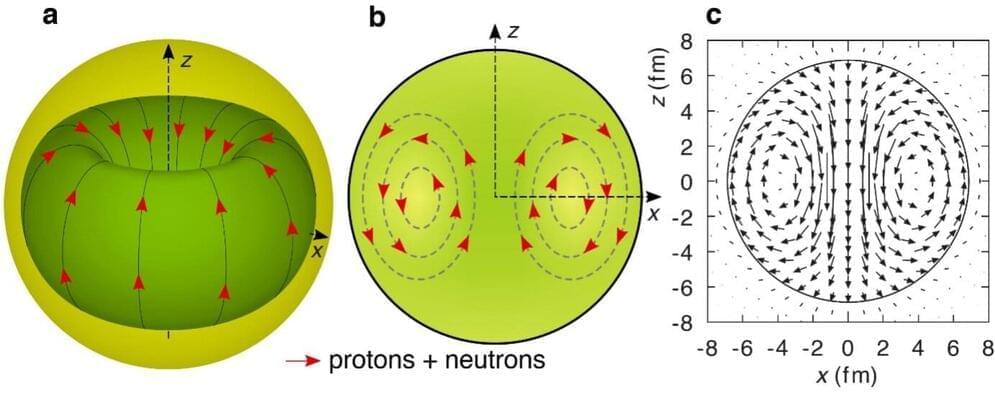Summary: A new study has identified a biomarker, DTI-ALPS, which connects glymphatic system dysfunction to vascular dementia. By analyzing over 3,750 participants, researchers found that lower DTI-ALPS scores correlated with worse executive function, highlighting the glymphatic system’s role in clearing brain waste.
The study also uncovered a potential pathway linking impaired waste clearance to cognitive decline, mediated by free water accumulation in white matter. These findings provide a robust tool for clinical trials and potential interventions, including lifestyle changes and medications, to enhance glymphatic function and treat vascular dementia.









